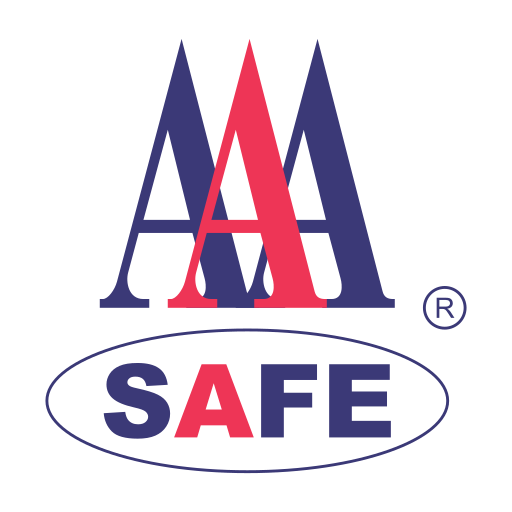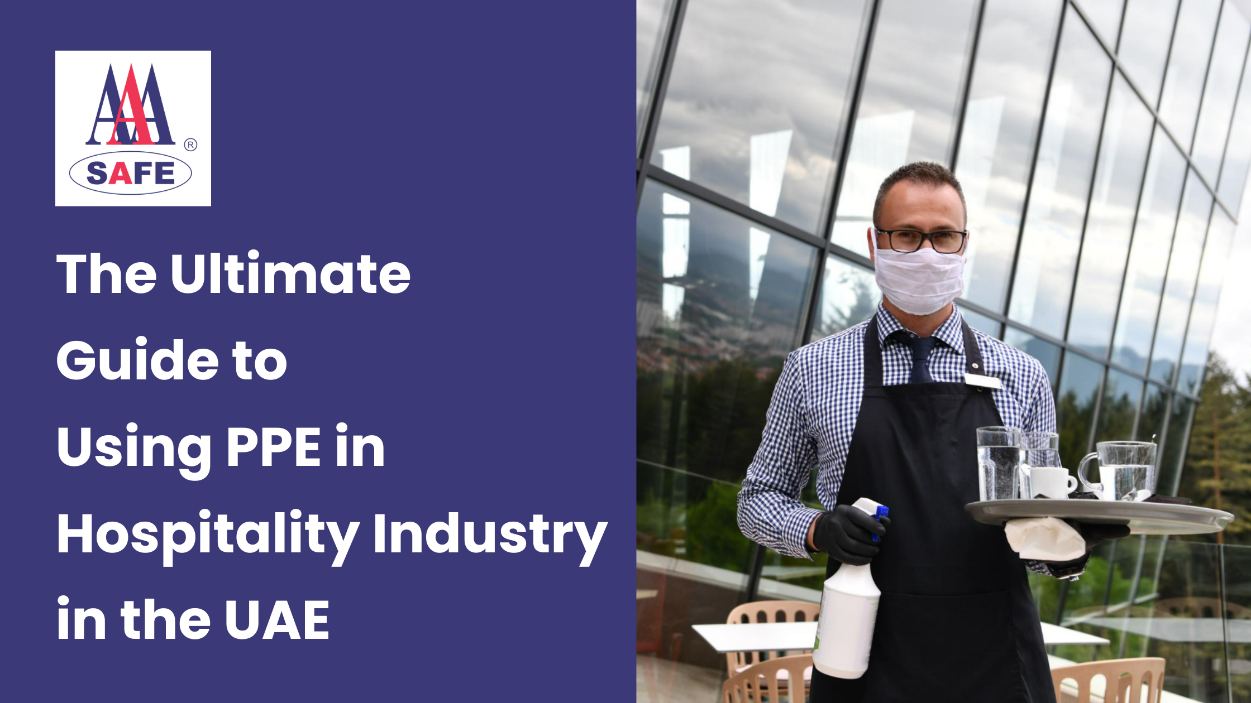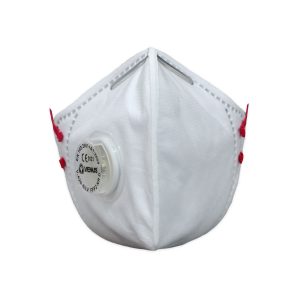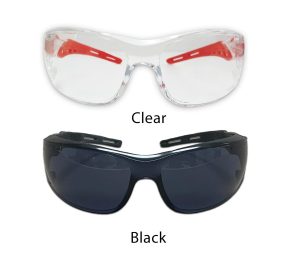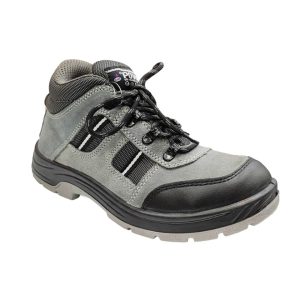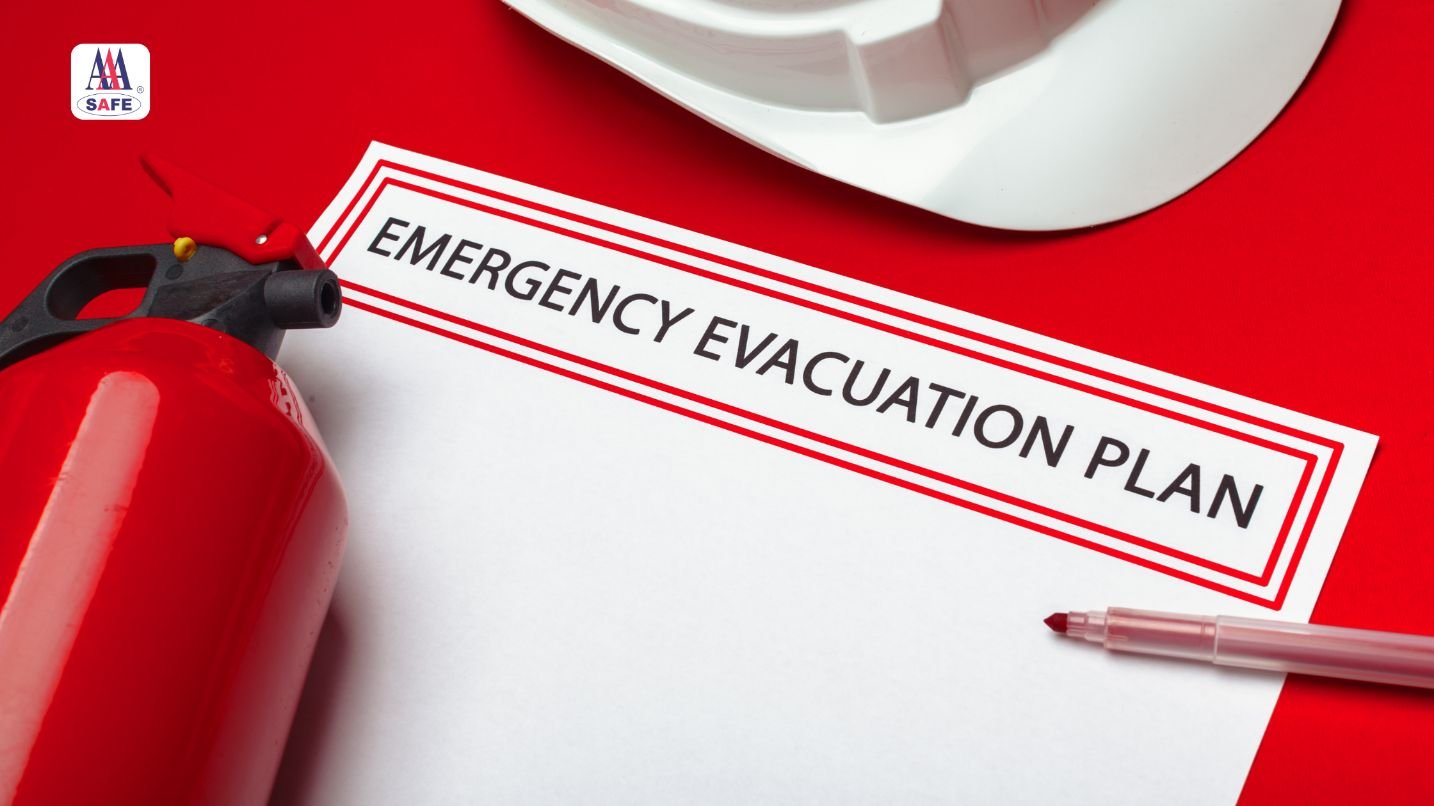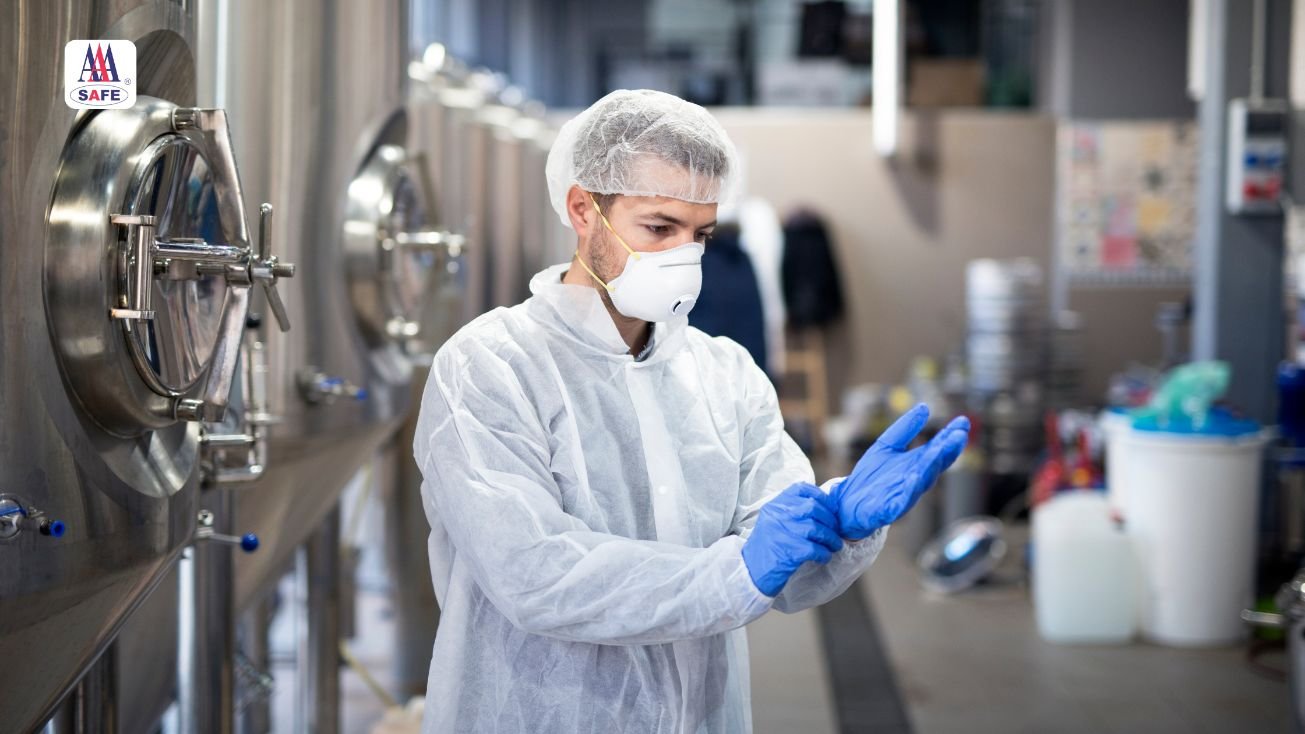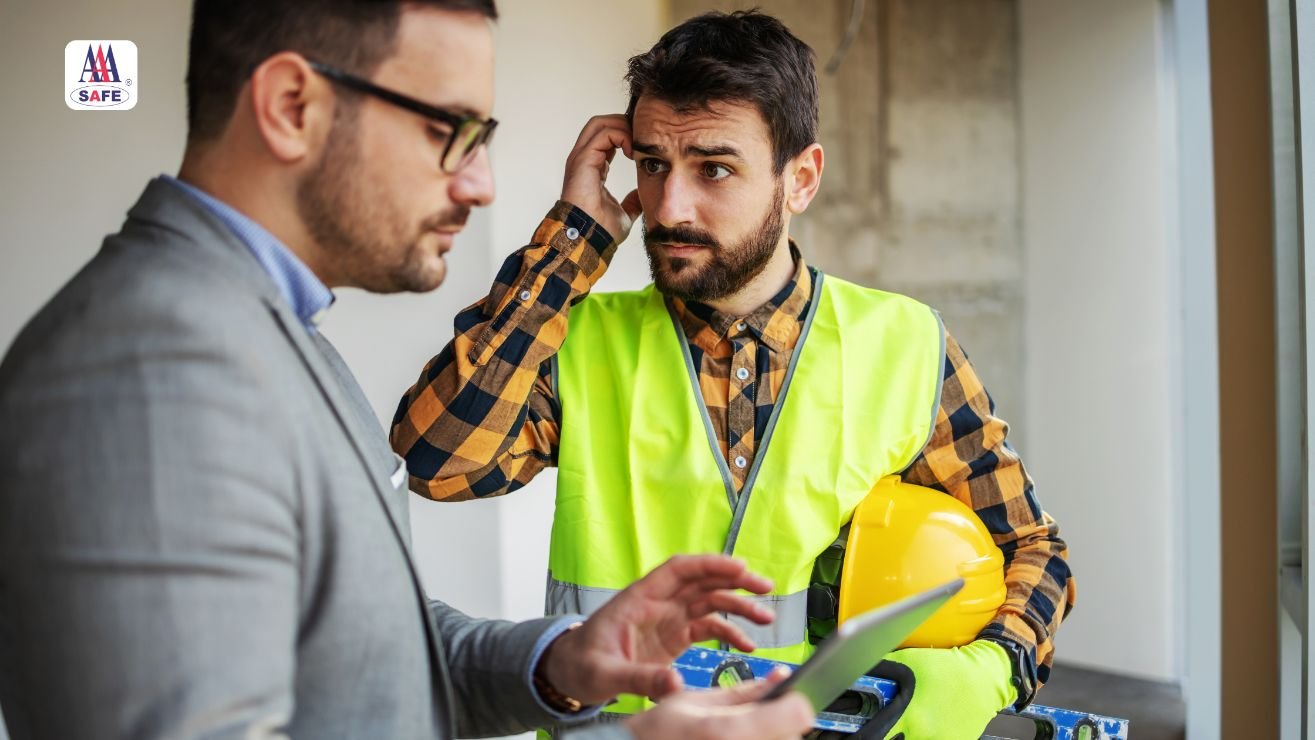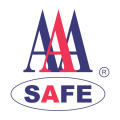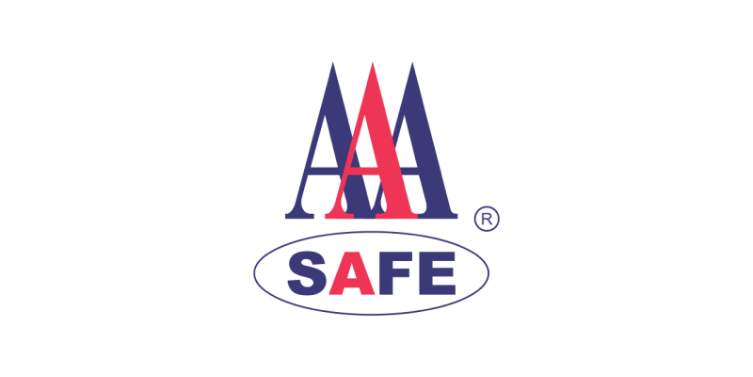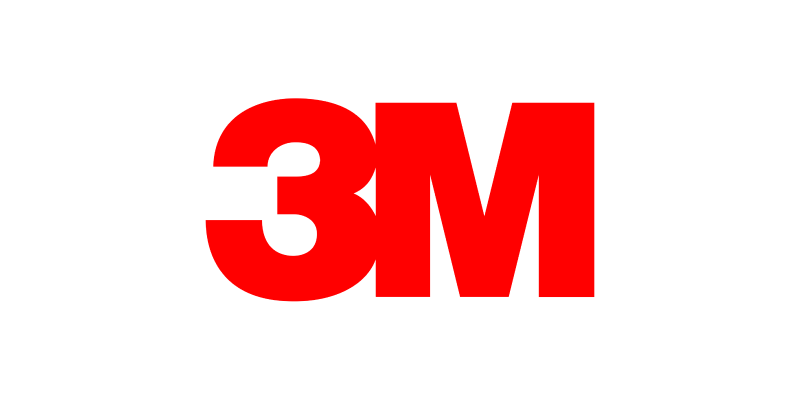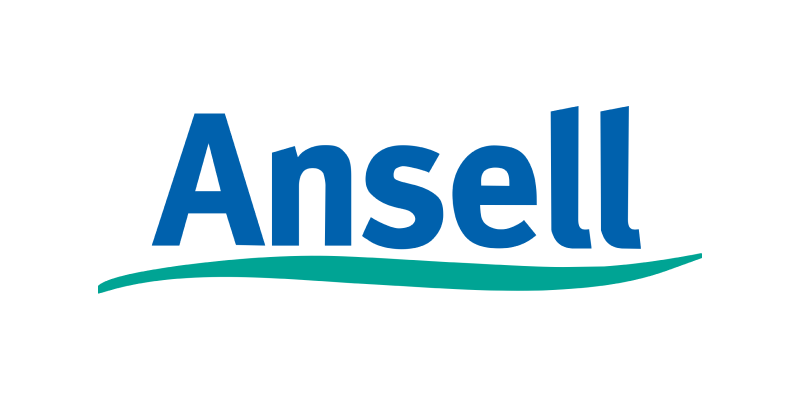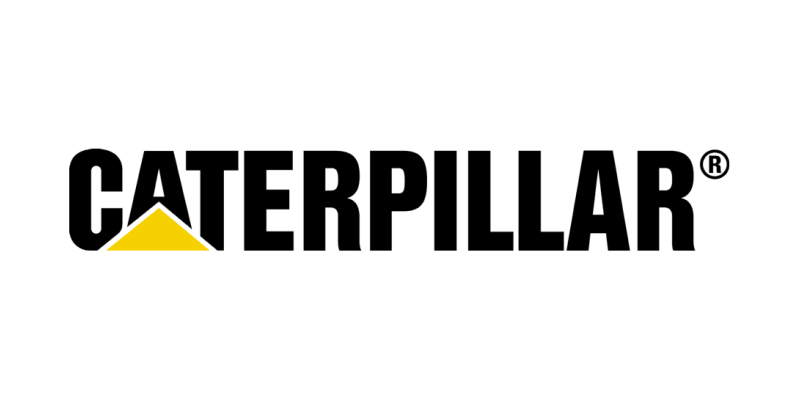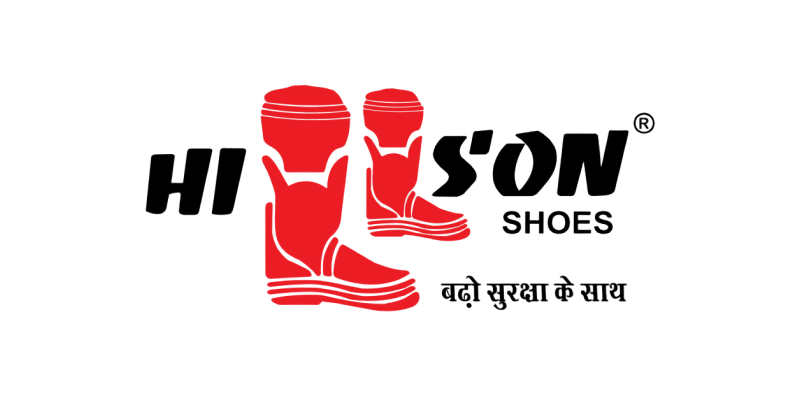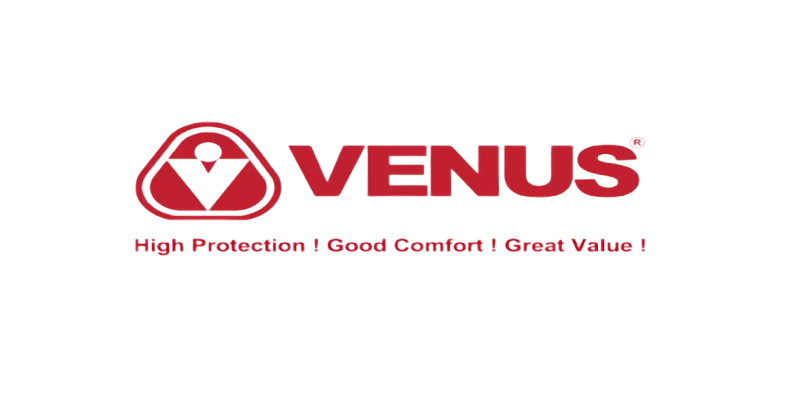In the vibrant and diverse hospitality sector of the United Arab Emirates (UAE), ensuring the safety of both staff and guests is paramount. Personal Protective Equipment (PPE) plays a crucial role in maintaining health and safety standards, especially in light of recent global health concerns. This comprehensive guide will explore the essential PPE in Hospitality Industry in the UAE and how to implement its use effectively.
Essential PPE in Hospitality Industry for Workers in the UAE
1. Face Masks
Face masks have become increasingly important, especially in food service and guest-facing roles. They provide a barrier against airborne pathogens, ensuring a safer environment for both staff and guests.
Types of Masks:
- Disposable Surgical Masks: Ideal for short-term use in food service and front-of-house roles.
- Cloth Masks (Reusable): Suitable for environments with lower risk, allowing for personal expression while maintaining safety.
- N95 Respirators: Recommended for specific high-risk situations, such as when staff are working closely with others or handling potentially infectious materials.
2. Gloves
Gloves are crucial for food handling and cleaning tasks. They prevent cross-contamination and protect staff from harmful substances.
Types of Gloves:
- Disposable Latex Gloves: Commonly used in food preparation and service.
- Nitrile Gloves: An excellent alternative for those with latex allergies, offering good protection and durability.
- Heavy-Duty Rubber Gloves: Ideal for cleaning tasks where chemicals may be involved.
3. Hair Nets and Beard Covers
These items are essential for food preparation areas to prevent hair contamination, ensuring food safety and hygiene.
4. Protective Clothing
Protective clothing is vital for various roles within the hospitality sector.
Examples Include:
- Aprons: Protect staff from spills and stains while serving food.
- Chef’s Jackets: Provide protection in the kitchen from heat and spills.
- Disposable Gowns: Useful for cleaning staff to prevent contamination.
5. Non-Slip Shoes
Given the nature of the hospitality industry, non-slip shoes are crucial for preventing slips and falls in kitchens and areas prone to spills. Proper footwear helps maintain safety and comfort during long shifts.
6. Safety Goggles
Safety goggles are important for staff working with cleaning chemicals or in food preparation areas where there’s a risk of splashes. They provide essential eye protection to prevent irritation or injury.
7. Face Shields
Face shields can be used in conjunction with masks for added protection in high-risk areas. They provide an additional layer of defense against splashes and droplets.
Implementing PPE in Your UAE Hospitality Business
Training Staff on Proper PPE Usage
To effectively implement PPE in your hospitality business, consider the following steps:
1. Conduct a Risk Assessment
Conducting a thorough risk assessment is essential for identifying potential hazards in different areas of your establishment. This will help determine the necessary PPE in line with UAE regulations.
2. Develop a PPE Policy
Create clear guidelines on when and how to use PPE for different roles, adhering to UAE standards. This policy should outline expectations and responsibilities regarding PPE use.
3. Provide Proper Training
Ensure all staff members understand:
- How to Properly Wear and Remove PPE: Training should cover the correct procedures for donning and doffing PPE to ensure maximum effectiveness.
- When to Change or Dispose of PPE: Employees should be educated on the importance of changing PPE regularly and disposing of it safely.
- The Importance of PPE in Maintaining Safety: Emphasize how PPE contributes to a safer work environment for everyone.
4. Ensure Proper Fit and Comfort
PPE that doesn’t fit properly won’t provide adequate protection and may be less likely to be worn consistently. Provide options for different sizes and styles to accommodate all staff.
5. Make PPE Easily Accessible
Set up PPE stations in convenient locations throughout your establishment. This ensures staff can access the necessary equipment quickly and easily, promoting compliance.
6. Regular Inspections and Maintenance
Regularly check PPE for wear and tear, and replace items as necessary. Keeping PPE in good condition is crucial for ensuring its effectiveness.
PPE Best Practices for Different Hospitality Roles in the UAE
Different roles in the hospitality sector may require specific types of PPE. Here are some best practices for various positions:
Front Desk and Reception
- Face Masks: Essential for interacting with guests.
- Hand Sanitizer: Should be readily available for both staff and guests to maintain hygiene.
Housekeeping
- Gloves: To protect against cleaning chemicals and contaminants.
- Face Masks: To prevent the spread of germs.
- Protective Clothing (e.g., Aprons): To safeguard personal clothing.
- Non-Slip Shoes: Essential for safety in various environments.
- Safety Goggles: When using cleaning chemicals.
Kitchen Staff
- Hair Nets and Beard Covers: To maintain hygiene in food preparation.
- Gloves: For food handling.
- Non-Slip Shoes: To prevent slips and falls.
- Cut-Resistant Gloves: For certain food prep tasks.
- Heat-Resistant Gloves: For handling hot items.
Servers and Waitstaff
- Face Masks: To protect guests and staff.
- Gloves: When handling food and beverages.
- Non-Slip Shoes: To ensure safety in busy dining environments.
Maintenance Staff
- Safety Goggles: To protect against debris and chemicals.
- Work Gloves: To safeguard hands during repairs and maintenance tasks.
- Protective Footwear: To ensure safety from heavy objects.
UAE-Specific Considerations for PPE in Hospitality Industry
1. Compliance with UAE Regulations
Ensure all PPE meets the national criteria stated in the Council of Ministers Decision No. 3 of 2016 regarding the UAE Regulation for Personal Protective Equipment. Compliance is essential for maintaining legal and operational standards.
2. Cultural Sensitivity
Consider cultural norms when implementing PPE policies, especially for front-of-house staff. Ensure that PPE choices respect cultural practices while maintaining safety.
3. Heat Considerations
Given the UAE’s hot climate, choose breathable PPE materials to ensure comfort during long shifts. Lightweight and moisture-wicking fabrics can help keep staff cool and comfortable.
4. Multilingual Training
Provide PPE training in multiple languages to cater to the diverse workforce in the UAE hospitality sector. This ensures that all staff members fully understand the importance of PPE and how to use it correctly.
Conclusion
Implementing an effective PPE program in your UAE hospitality business is essential for protecting both staff and guests while complying with local regulations. By understanding the specific needs of different roles, providing proper training, and fostering a culture of safety, you can ensure that PPE becomes an integral part of your operations.
Remember, the goal is not just compliance with UAE standards but creating a safe and welcoming environment for everyone in your establishment. By following this guide, you’ll be well-equipped to implement a comprehensive PPE strategy that enhances safety without compromising the quality of service that defines the UAE hospitality industry.
